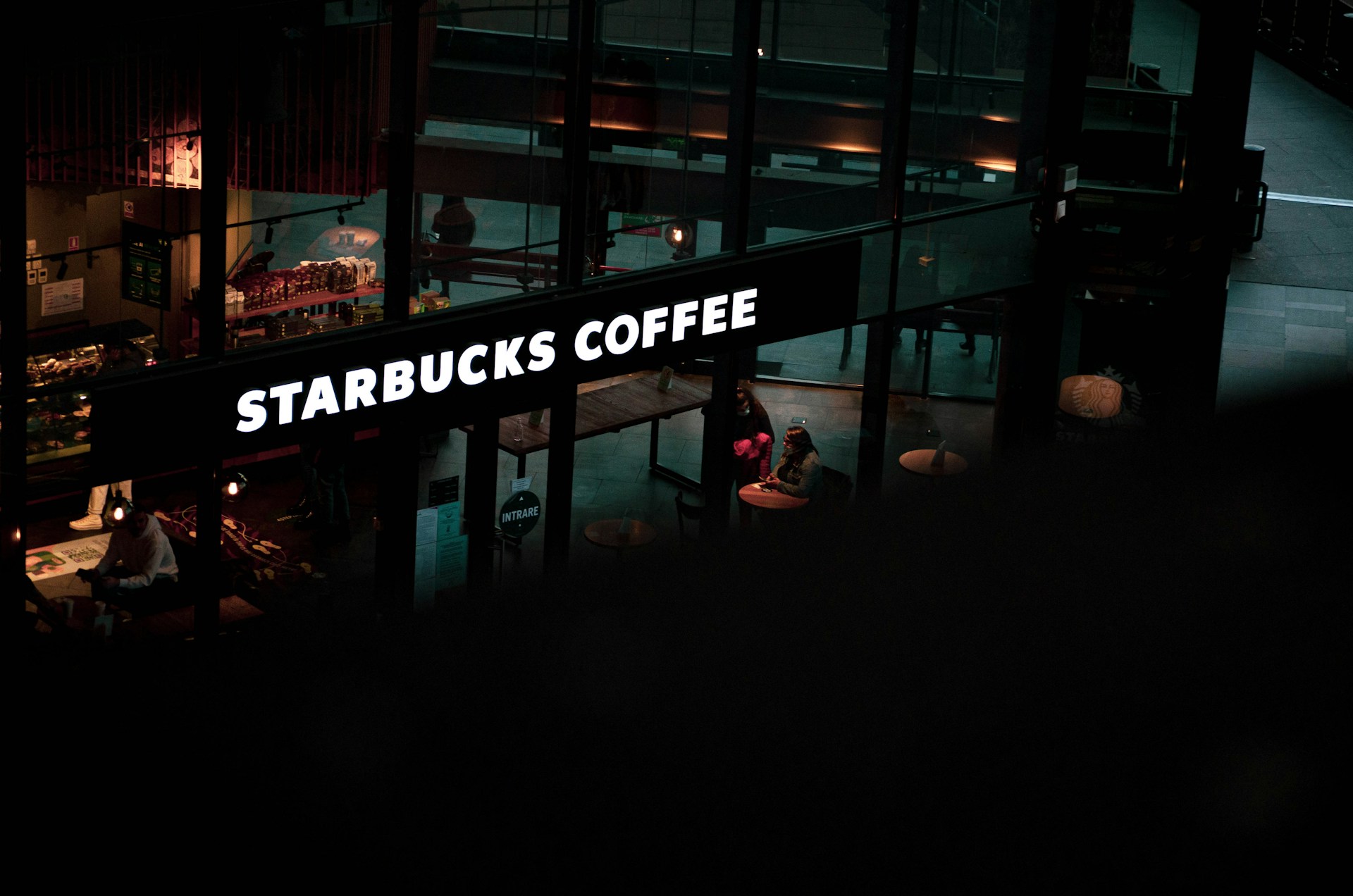Starbucks’ Commitment to Fairness: Reinstating Workers and Upholding Rights
In the bustling world of coffee retail, Starbucks stands out as a global giant, synonymous with morning routines and urban landscapes dotted with its familiar green and white logo. However, the company recently found itself at the center of a heated labor rights controversy when it terminated several workers, an action that sparked public outcry and a broader discussion about fair employment practices.
This blog post delves into the intricate details of the workers’ reinstatement, the legal ramifications, and the lessons that can be learned from this pivotal moment in Starbucks’ history.
Background of the Issue
The seeds of discontent were sown when Starbucks employees, in their pursuit of better working conditions and the right to unionize, faced termination from their positions. This move by Starbucks led to a clash between corporate policy and labor rights, drawing attention from media and labor activists alike. The workers’ dismissal raised critical questions about the right to organize and the potential repercussions employees face when exercising this right.
The legal landscape of employment law is complex, and the wrongful termination of employees can lead to significant legal challenges for corporations. Under U.S. labor laws, employees have the right to engage in “concerted activities” for their mutual aid or protection. The National Labor Relations Act (NLRA) specifically protects the right of employees to organize and bargain collectively. If Starbucks’ actions were found to be in violation of these protections, the company could face legal consequences, including the reinstatement of workers and potential compensation for damages.
In response to the backlash, Starbucks took steps to address the issue publicly. The company’s leadership asserted their commitment to their partners—a term they use to refer to their employees—and their intention to uphold a fair and respectful workplace. After careful consideration and legal scrutiny, Starbucks announced the reinstatement of the terminated workers, a move that was met with relief by the affected individuals and seen as a victory for labor advocates.
Impact on the Workers
The impact of wrongful termination on workers is profound, often resulting in not only financial hardship but also emotional distress. The sudden loss of income can lead to a cascade of personal difficulties, from the inability to pay bills to the stress of finding new employment. The reinstatement of these workers by Starbucks not only provided them with much-needed job security but also restored their dignity and validated their right to advocate for better working conditions.
The role of legal representation in such disputes cannot be overstated. A knowledgeable Starbucks injury lawyer can provide invaluable assistance to workers facing wrongful termination, helping them navigate the complexities of labor law to seek justice.
The news of Starbucks’ decision to reinstate the workers rippled through social media, drawing comments of support and relief from the public. This move was widely regarded as a step in the right direction for labor rights, and it encouraged many to view Starbucks as a company capable of listening and responding to its employees’ concerns.
Within the industry, other companies took note of the situation, with some re-evaluating their own labor practices to ensure compliance with employment laws and to avoid similar public relations challenges.
The Starbucks incident serves as a crucial lesson for corporations and employees alike. For companies, it underscores the importance of adhering to labor laws and the value of fostering a respectful and open dialogue with employees.
It also highlights the potential costs, both financial and reputational, associated with ignoring workers’ rights. For employees, the incident is a reminder of the power of collective action and the protections afforded to them by law, encouraging them to stand up for their rights and seek legal recourse when necessary.
FAQs
What rights do baristas have when facing termination?
Baristas, like all employees, have the right to be protected from wrongful termination, especially when it involves union activities or other protected concerted activities under the NLRA.
Can a company legally fire employees for unionizing?
No, under the NLRA, it is illegal for employers to terminate employees for organizing, joining, or supporting a union.
How can wrongfully terminated employees seek justice?
Wrongfully terminated employees can file a complaint with the National Labor Relations Board (NLRB), seek the assistance of a labor union, or consult with an attorney to explore legal options for reinstatement and compensation.
For those seeking more information on labor rights and navigating employment disputes, a wealth of resources is available. The National Labor Relations Board offers guidance and assistance for workers involved in union activities, and numerous legal organizations provide support for employment-related issues. Additionally, contacting a Houston personal injury attorney can be an essential step in securing expert legal advice and representation.
Conclusion
The reinstatement of Starbucks workers marks a pivotal moment in the ongoing dialogue about labor rights and corporate responsibility. It demonstrates the impact that public support, legal advocacy, and collective action can have on protecting employees’ rights. As Starbucks moves forward from this incident, the company, its workers, and the public will continue to watch how it upholds its commitment to fair labor practices, setting a precedent for others in the industry to follow.

